I Said No to Bringing Kids to My Wedding—It’s My Day, Not a Kindergarten

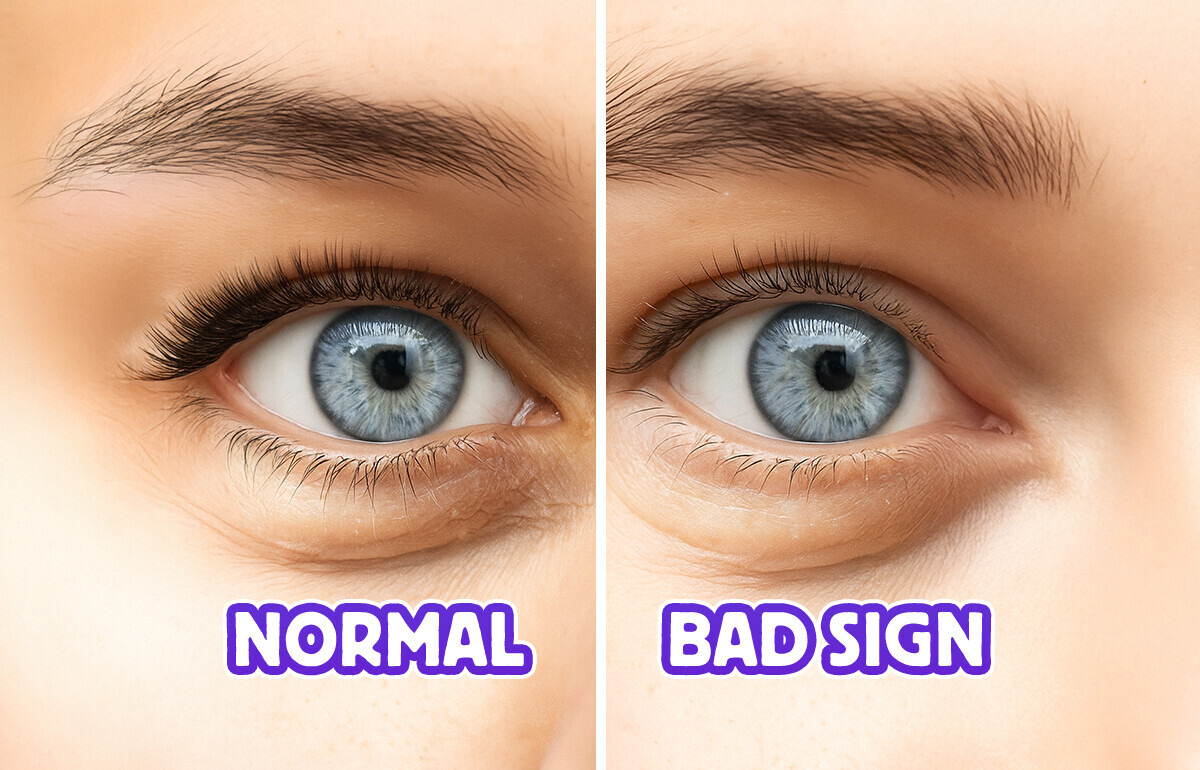
Gluten may seem harmless, but for some, it can quietly trigger serious health issues. Without obvious warning signs, its effects can go unnoticed, leading to lasting damage over time. Understanding your body’s response to gluten is essential for protecting your health.
CONTENT IS PROVIDED FOR INFORMATIONAL PURPOSES ONLY AND IS NOT INTENDED AS A SUBSTITUTE FOR MEDICAL ADVICE.
SEEK GUIDANCE OF YOUR DOCTOR REGARDING YOUR HEALTH AND MEDICAL CONDITIONS.
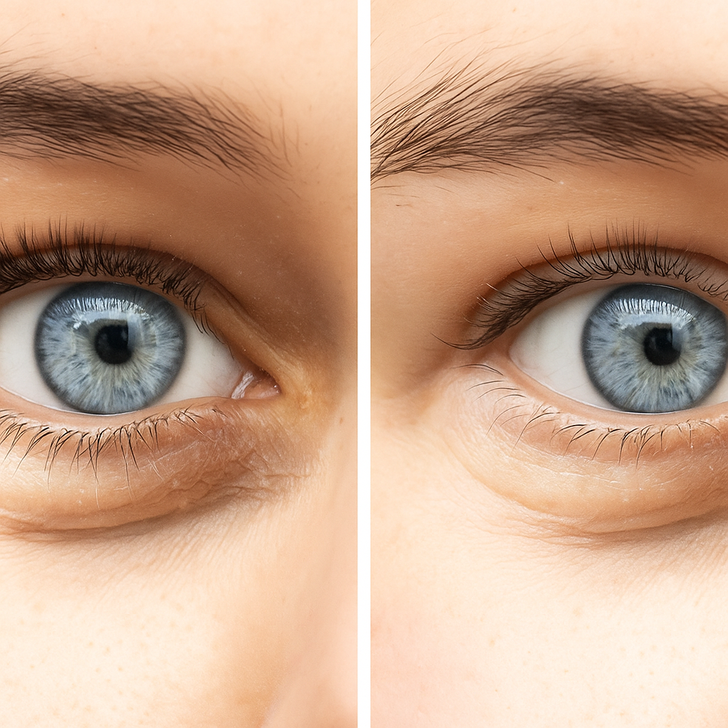
Gluten intolerance, particularly in conditions like celiac disease, can lead to hair loss, including the loss of eyelashes.
Additionally, gluten-induced damage to the small intestine can result in nutrient malabsorption, leading to deficiencies in essential vitamins and minerals like zinc, iron, and biotin, all crucial for healthy hair growth.

A metallic taste in the mouth is a strange and often overlooked symptom that can be linked to gluten sensitivity. People might experience this odd taste, even when there’s no apparent cause. This sensation can linger, making food and drink less enjoyable and often leading to confusion about its source.
While it’s not a common symptom, if you notice a persistent metallic flavor after eating gluten, it could be a sign that your body is reacting to this protein in unexpected ways. If you’re experiencing similar symptoms, try to cut back on gluten and remember to consult a doctor.
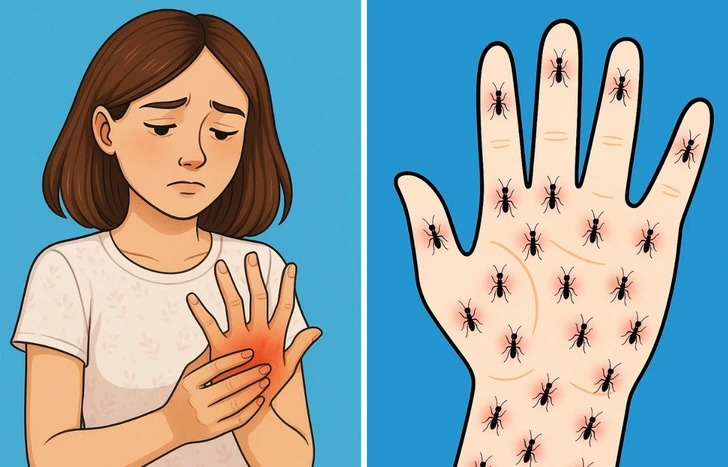
Numbness or tingling in your hands, feet, or legs might seem unrelated to your diet, but gluten could be the reason. In some cases, the immune system misfires after gluten exposure, causing inflammation that affects nerves.
These symptoms, like numbness, tingling, or even mild weakness, can mimic other conditions. But if they seem to flare up after gluten consumption, it may point to sensitivity.

The symptoms of gluten sensitivity often target the digestive system — nausea, bloating, diarrhea, abdominal pain, or even constipation. Because these overlap with many other gut issues, people are frequently misdiagnosed with irritable bowel syndrome (IBS), which affects up to 15% of the global population. But for those actually sensitive to gluten, that misdiagnosis can delay the right help, leaving them trapped in an endless cycle of discomfort and confusion.

Gluten intolerance can trigger unexpected weight changes — some people lose weight without trying, while others gain it rapidly. These fluctuations often stem from inflammation and a disrupted metabolism. While sudden shifts in weight can signal many conditions, if they appear alongside digestive issues or nutrient absorption problems, gluten sensitivity might be the hidden cause.
Gluten intolerance is often connected to hormonal imbalances, which can appear as irregular menstrual cycles, unexpected weight shifts, PMS, or even sleep disturbances. These disruptions tend to intensify during major hormonal transitions such as puberty, pregnancy, or menopause — and are most commonly observed in women.
Gluten contributes to increased inflammation and intestinal permeability, leading to a range of neurological and psychological symptoms. These may include difficulty concentrating, depression, anxiety, insomnia, fatigue, irritability, and “brain fog,” where individuals struggle to maintain focus or clarity of thought.
Research also indicates that people with gluten intolerance are more likely to experience migraines compared to others. While headaches can stem from various causes, those with gluten sensitivity may notice a headache occurring 30-60 minutes after consuming gluten-containing foods.
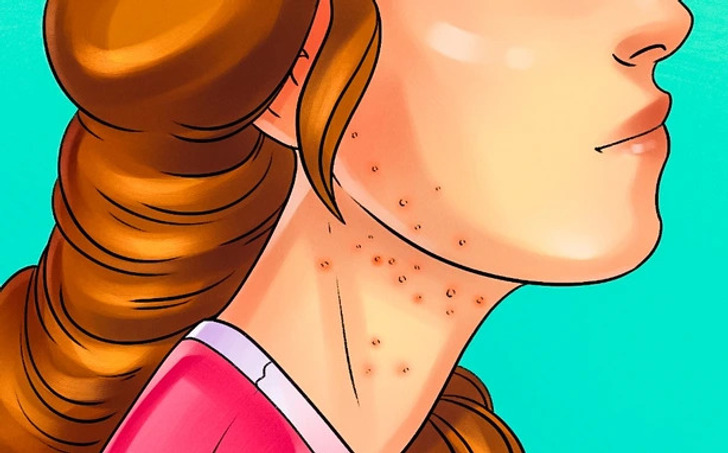
Gluten intolerance is closely linked to certain skin conditions, including keratosis pilaris and herpetiform dermatitis. Symptoms often manifest as itchy rashes that may appear on the hands, torso, face, buttocks, elbows, or along the hairline. Additionally, gluten sensitivity can lead to weakened, brittle nails and other skin irritations resembling eczema, which may result from gluten-induced blockages in the body.

Attention Deficit Hyperactivity Disorder (ADHD) is another condition that may be linked to gluten intolerance. This disorder, which affects both children and adults, is characterized by a short attention span and difficulties with self-control. Emerging evidence suggests that adopting a gluten-free diet may help alleviate some of the symptoms associated with ADHD.
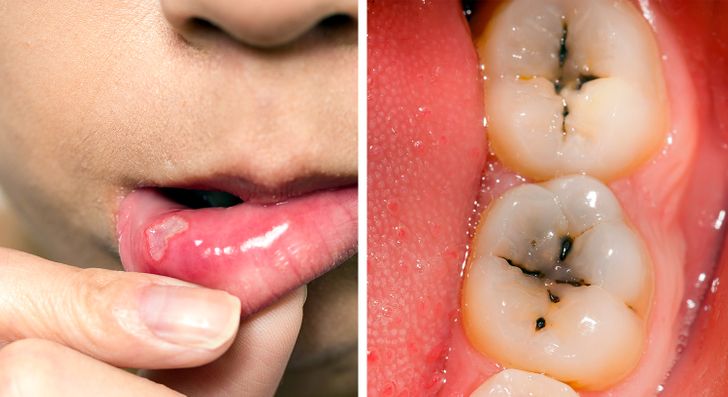
Gluten intolerance can disrupt the absorption of essential nutrients and minerals in the intestine, including calcium. This deficiency can lead to various dental and oral health issues, such as enamel hypersensitivity, tooth decay, cavities, and mouth ulcers. If you maintain good oral hygiene but continue to experience these problems, gluten consumption might be the underlying cause.
Celiac disease is frequently diagnosed due to iron deficiency anemia, a condition where the body lacks sufficient iron. Symptoms of this anemia include fatigue, shortness of breath, headaches, pale skin and mucous membranes, and even arthritis. This occurs because gluten intolerance impairs the intestine’s ability to properly absorb iron, leading to deficiencies despite dietary intake.
Many individuals with autoimmune diseases have a history of gluten intolerance. Celiac disease, an autoimmune disorder, occurs when the immune system mistakenly attacks the cells of the intestine upon gluten ingestion. The challenge is compounded by the fact that celiac disease can increase the risk of developing other autoimmune conditions, including autoimmune thyroiditis, autoimmune liver disease, Crohn’s disease, diabetes, vitiligo, rheumatoid arthritis, and multiple sclerosis.
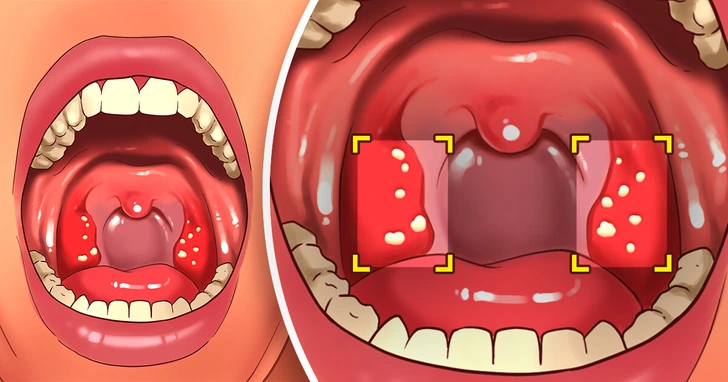
Though not widely researched, clinical observations suggest a possible link between gluten sensitivity and tonsil stones. Many patients report that these stones — small, calcified deposits in the tonsils — significantly decrease or even disappear after switching to a gluten-free diet, hinting at an underlying inflammatory connection.
1. Get tested: Visit your doctor for a blood test to check for antibodies typically found in the blood of individuals with Celiac disease. To ensure accurate results, it is important to include gluten in your diet before the test.
2. Remove gluten from your diet: Avoid foods containing gluten, such as:
Always read product labels carefully, and opt for foods marked as “gluten-free” when possible.
Read more useful articles about health and wellness here.
8 Dermatologist’s Tips for Radiant Skin in Cold Weather











